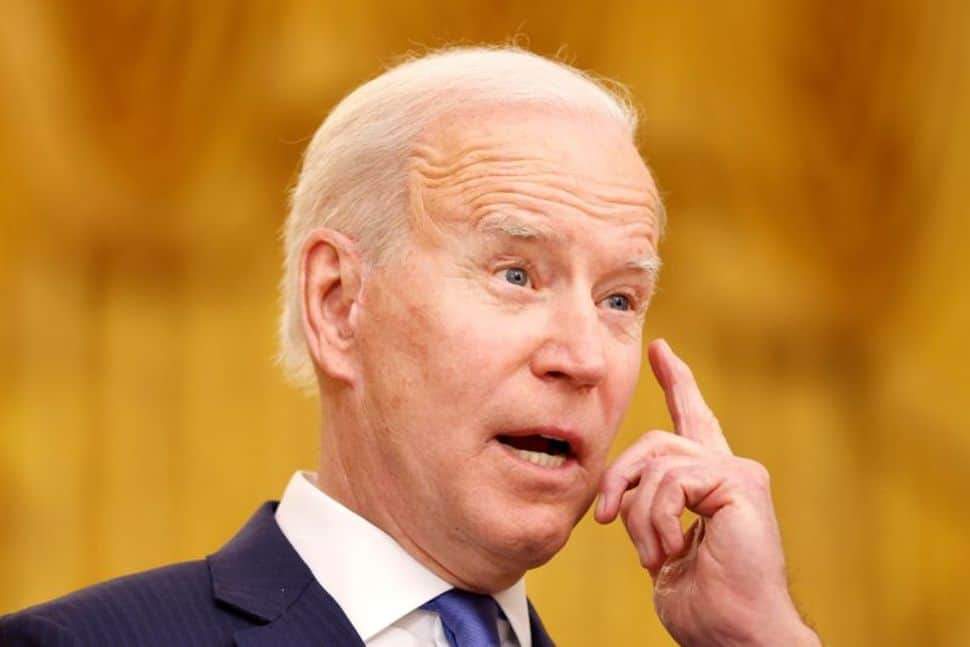Biden Reviewing Trump's Listing of Cuba as Terrorism Sponsor -White House

President Joe Biden's administration is reviewing former President Donald Trump's last-minute decision to designate Cuba as a state sponsor of terrorism but a broader Cuba policy shift is not currently among Biden's top priorities, the White House said on Tuesday.
White House spokeswoman Jen Psaki said the administration is in no rush for major gestures toward Communist-ruled Cuba, despite hopes for a softer approach after Trump rolled back historic Obama-era détente with Havana.
Her remarks provided public confirmation of comments made last week by a senior White House official who told Reuters on condition of anonymity that Cuba policy was not among the top issues that Biden was focused on for now.
"A Cuba policy shift is not currently among President Biden's top priorities," Psaki told reporters at a daily briefing. "But we are committed to making human rights a core pillar of our U.S. policy and we are committed to carefully reviewing policy decisions made in the prior administration, including the decision to designate Cuba as a state sponsor of terrorism," she said.
Nine days before Trump left office, his administration announced on Jan. 11 it was returning Cuba to that particular U.S. list, citing its harboring of American fugitives and Colombian rebel leaders and security support for socialist Venezuelan President Nicolas Maduro.
Trump's move was a further reversal of rapprochement that former President Barack Obama, under whom Biden served as vice president, orchestrated between the old Cold War foes.
Critics said Trump's decision was highly politicized and not supported by evidence. Trump's hardline policy was popular among the large Cuban-American population in south Florida, helping him win the state in November though he lost the election.
Eighty U.S. House of Representatives Democrats urged Biden in a March 3 letter to repeal Trump's "cruel" sanctions on Cuba and renew engagement.
Psaki said one of the guiding principles for Cuba policy would be support for democracy and human rights. She also said "Americans, especially Cuban Americans, are the best ambassadors for freedom and prosperity in Cuba."
Biden's advisers previously suggested he could start by loosening up remittances from Cuban Americans and easing restrictions on family travel. But the White House has indicated that such steps may not be coming anytime soon.
Photo: FILE PHOTO: U.S. President Joe Biden delivers remarks on International Women?s Day at the White House in Washington, U.S., March 8, 2021. REUTERS/Tom Brenner REUTERS
Link: Biden Reviewing Trump's Listing of Cuba as Terrorism Sponsor -White House | World News | US News











